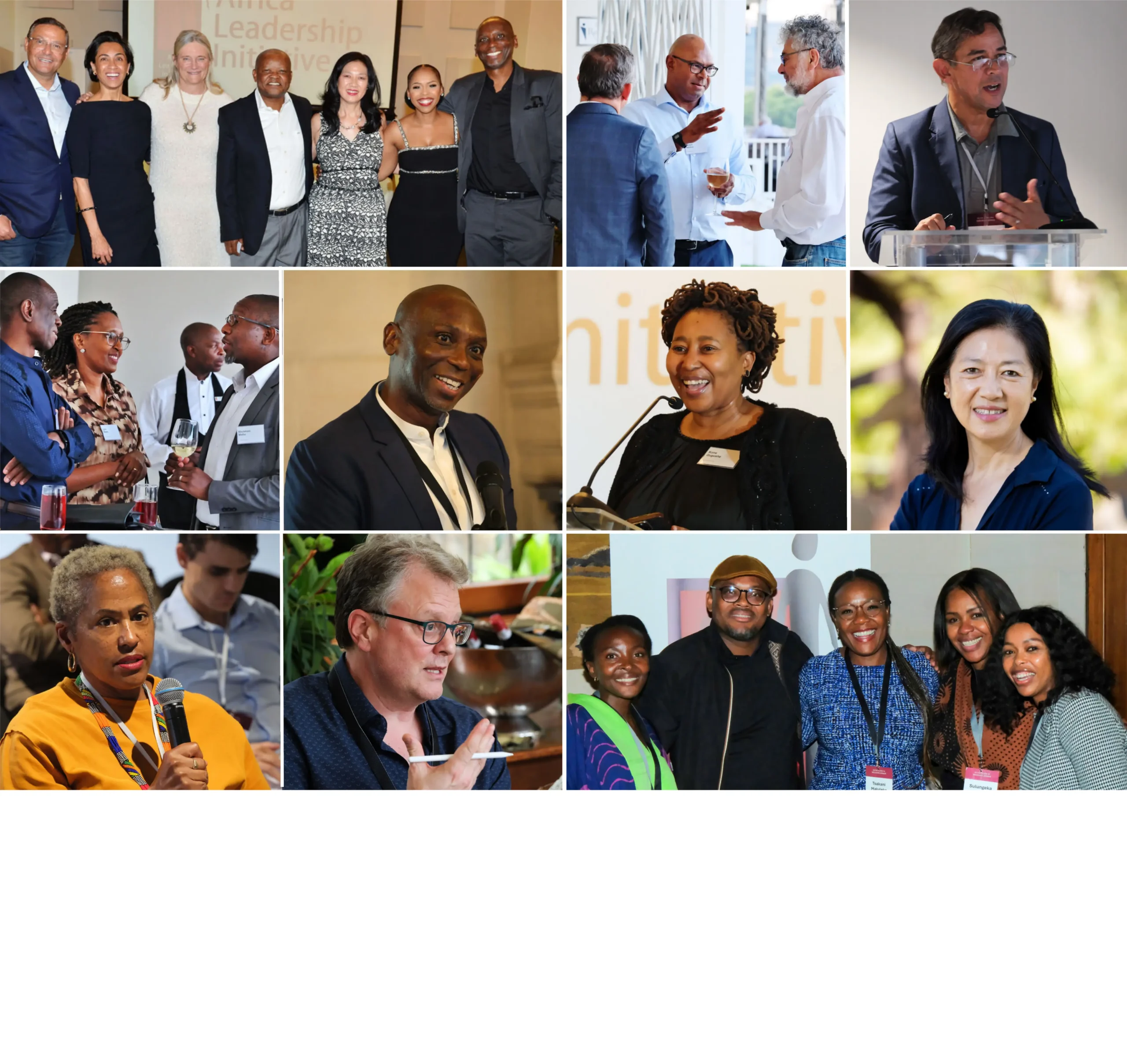
The influence of colonialism driven by the so-called Western cannon of knowledge and power is pervasive and shapes global values, systems of governance, economic structures and cultural practices. The enduring power relationships underpin and are used to justify continued extraction of wealth from historically colonised territories. This has raised questions about the content and purpose served by our university curricula in general and our seminar readings in particular. Dar Vanderbeck, the head of the AGLN at the Institute, offers eleven statements regarding decolonisation with the intention of driving debate towards practical change. We invite comment and debate. Please respond to my personal address (ralph@ralphfreese.co.za)
Let’s emancipate ourselves from mental slavery.
What would it mean to decolonise the curriculum?
Dar Vanderbeck, the head of the AGLN at the Africa Leadership Institute is sensitive to these issues and raises eleven points to spark debate regarding our university curriculums.
- Decolonising the curriculum means, first of all, acknowledging that knowledge is not owned by anyone. It is a cumulative and shared resource that is available to all. Knowledge (and culture) is collectively produced and human beings of all races, ethnicities, classes , genders, sexual orientations, and disabilities have as much right as elite white men to understand what our roles and contributions have been in shaping intellectual achievements and shifting culture and progress.
- Decolonising the curriculum is to recognise that knowledge is inevitably marked by power relations. Our universities exist in a global economy of knowledge, with a definite hegemonic centre, reflecting hierarchies of race, class and gender. At the top of this hierarchy sit the knowledge institutions of the global North, databanks and research centres supported by the wealth of European and North American powers. This hegemonic position is not just a matter of the wealth of the global North. Our world is still shaped by a long colonial history in which white upper class men are at the top of social hierarchy, most disciplines give disproportionate significance to the experiences, histories and achievements of this one group.
- Decolonising is about rethinking, reframing and reconstructing the current curriculum in order to make it better, and more inclusive. It is about expanding our notions of good literature so it doesn’t always elevate one voice, one experience, and one way of being in the world. It is about considering how different frameworks, traditions and knowledge projects can inform each other, how multiple voices can be heard, and how new perspectives emerge from mutual learning.
- Decolonising is not just about bringing in minority ethnic writers and texts, but also how we read ‘traditional mainstream’ texts. Decolonising is far more nuanced than just replacing authors, and it is more than just the topics covered in a course. It concerns not only what is taught and how it is critiqued, but how it is taught, which gives rise to an understanding of decolonisation that addresses how academic literacies are experienced.
- Decolonising means identifying ways in which the university structurally reproduces colonial hierarchies; confronting, challenging and rejecting the status quo; and reimagining them and putting alternatives into practice for the benefit of our academic integrity and our social viability.
- Decolonising the curriculum means creating spaces and resources for a dialogue among all members of the university on how to imagine and envision all cultures and knowledge systems in the curriculum, and with respect to what is being taught and how it frames the world.
- Decolonisation is not a project over which one group can claim sole custodianship. Non-white and white academics and students are in this together. This will involve conscious, deliberate, non-hypocritical and diligent interest by both non-white and white members of the university in all knowledge systems, cultures, peoples and languages.
- Decolonising requires sustained collaboration, discussion and experimentation among groups of teachers and students, who themselves have power to make things happen on the ground and think about what might be done differently. The change will take different forms in different universities and disciplines. There is no one-size-fits-all solution.
- Decolonising is thinking about how students experience the university differently. Race, gender, disability and class all demonstrably impact student attainment and experiences of exclusion from the university environment. These are linked to the university’s historic identity and mission, as well as wider structural inequalities within society.
- Decolonising requires the courage to admit that any knowledge could and should be open to challenge and question; regardless of its original power relations. This is the only way to avoid the mere ‘displacement’ of one curriculum coloniser by another.
- Decolonising is about how we can ensure a system where all those who engage with the university to make their living, or to study, can do so under conditions of dignity, respect and security.









